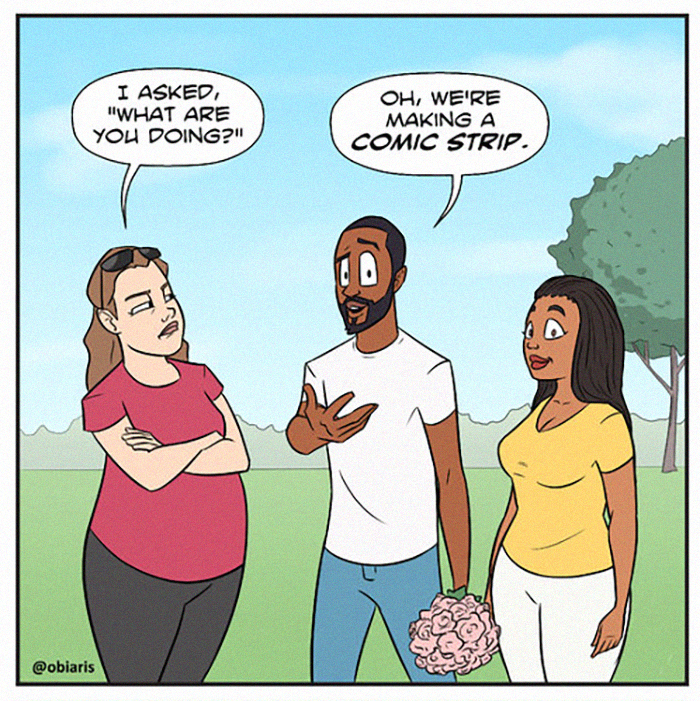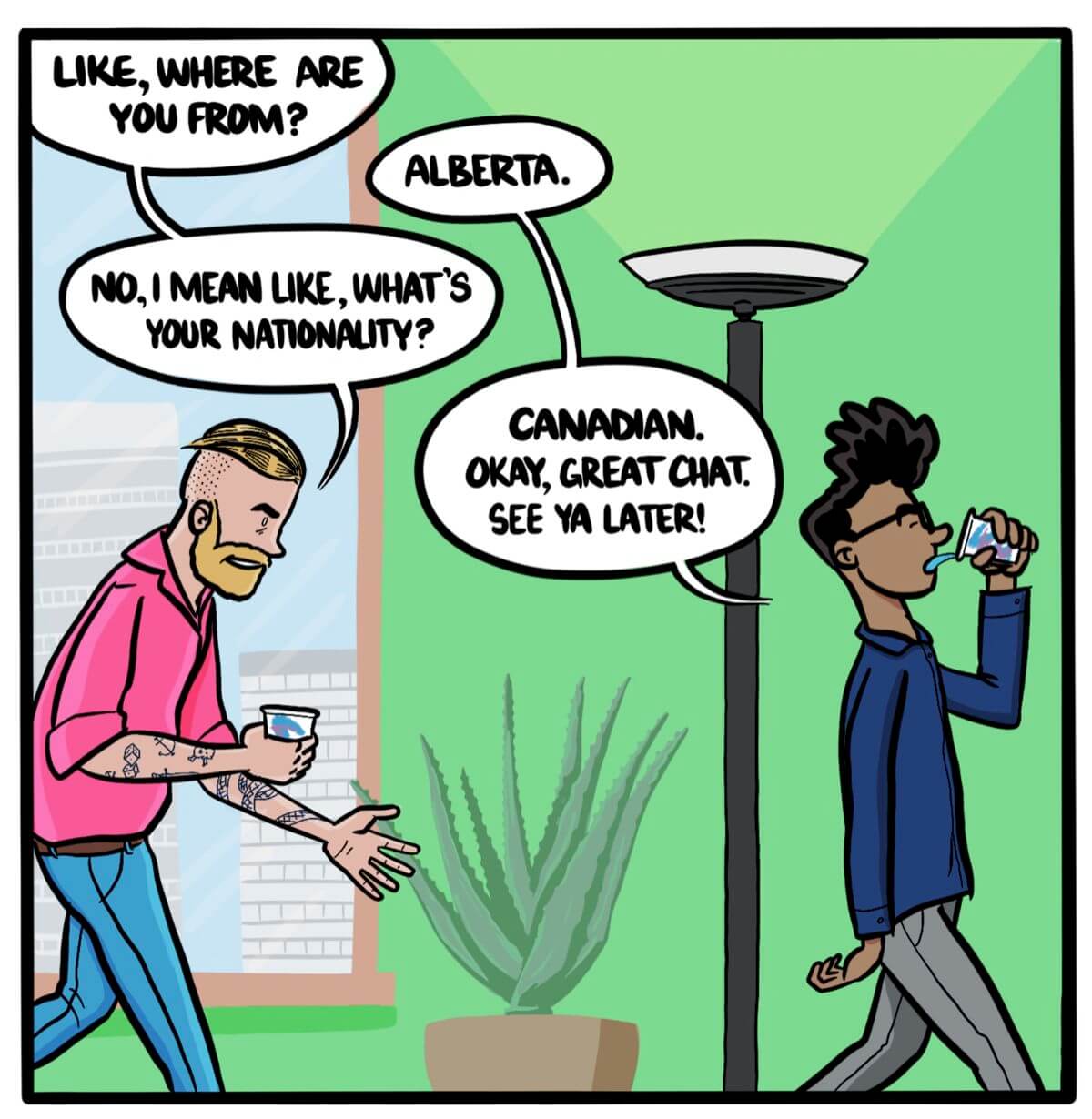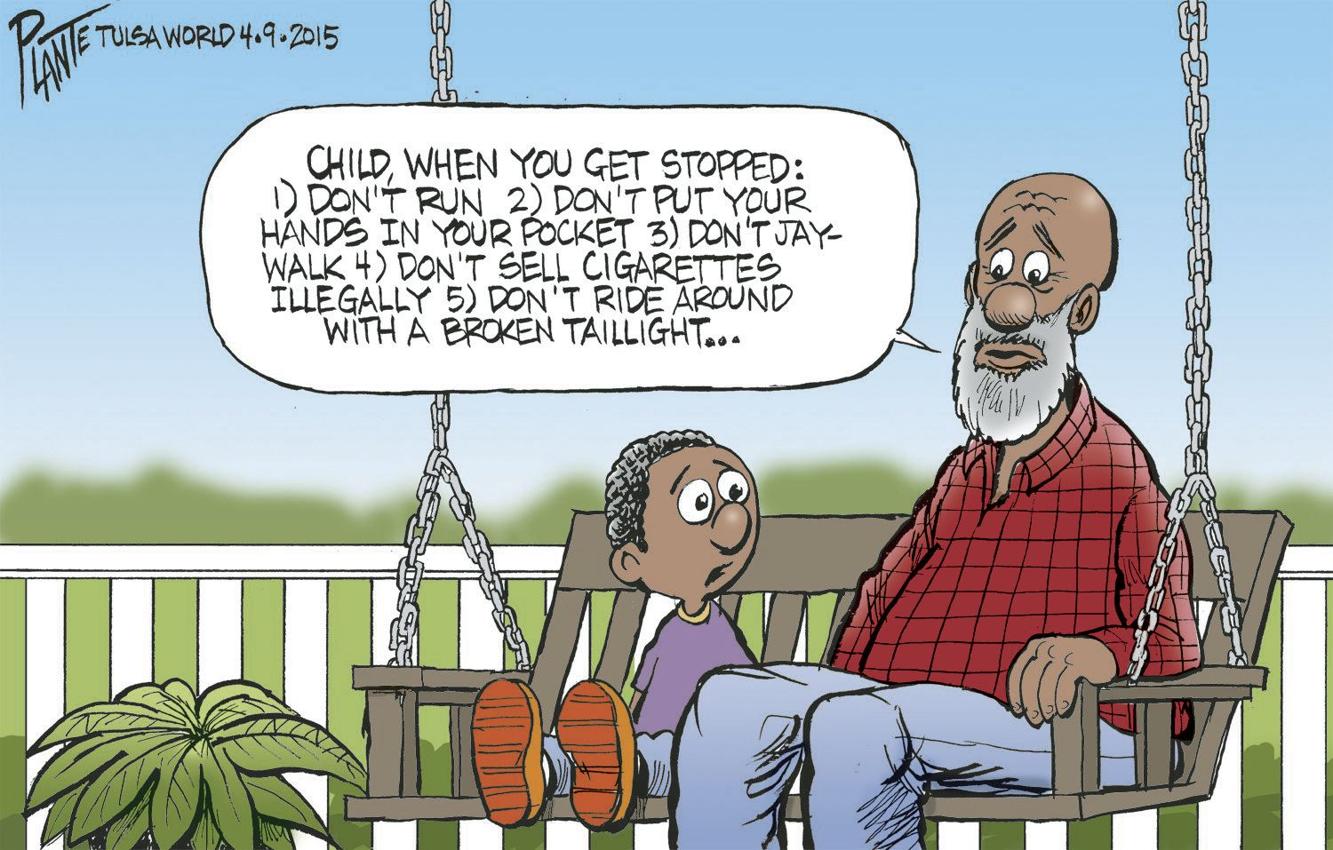The Impact Of Racist Jokes: Humor Or Harm?
Can humor ever truly be harmless when it targets race? The uncomfortable truth is that racist jokes, regardless of intention, perpetuate harmful stereotypes and normalize prejudice. The line between satire and bigotry is often blurred, leaving a wake of discomfort and offense.
The digital age has amplified the reach of these jokes, creating echo chambers where harmful narratives thrive. From curated lists of "top racist jokes" to casual comments on social media, the pervasiveness of this type of humor raises critical questions about its impact on society. While some argue that such jokes can expose the absurdity of racism, others contend that they reinforce existing biases and contribute to a climate of intolerance. The debate is complex and often fraught with emotion, demanding a nuanced understanding of the interplay between humor, power dynamics, and social responsibility.
| Topic | Racist Jokes |
|---|---|
| Nature | Dark humor targeting racial stereotypes and prejudices |
| Impact | Perpetuates harmful stereotypes, discrimination, and systemic racism. Can undermine the dignity and humanity of targeted groups. |
| Digital Spread | Amplified through online platforms, including curated lists, social media comments, and forums. |
| Debate | Controversy surrounds the potential for such jokes to expose the absurdity of racism versus reinforcing biases. |
| Further Reading | Wikipedia - Racism |
The proliferation of platforms dedicated to sharing racist jokes online raises serious concerns. Websites and forums boasting "top 10" lists and collections of "funniest" racist jokes create spaces where harmful content is not only tolerated but celebrated. This normalization of prejudice desensitizes individuals to the real-world impact of their words and contributes to a culture where discrimination is accepted, even encouraged.
The argument that racist jokes can be used to highlight the absurdity of prejudice is a delicate one. While a skilled comedian might employ satire to expose the irrationality of racist beliefs, the line between insightful commentary and perpetuation of stereotypes is thin. Often, the context and delivery of the joke are crucial in determining its impact. A poorly executed joke, or one shared in a space lacking critical engagement, can easily reinforce harmful narratives instead of challenging them.
Consider the examples provided in the initial content: jokes about specific racial groups, often involving derogatory terms and dehumanizing scenarios. These jokes, devoid of any redeeming social commentary, serve only to reinforce negative stereotypes. The argument that "humor is subjective" fails to acknowledge the power dynamics at play. Humor that punches down, targeting marginalized groups, perpetuates existing inequalities and contributes to a hostile environment.
The claim that jokes about "stupid people" would be acceptable ignores the crucial distinction between targeting individuals based on their perceived intelligence and targeting them based on their race. Race is not a choice; it is an inherent aspect of identity. Jokes that reduce individuals to their race, essentializing and stereotyping them, are inherently harmful and contribute to systemic discrimination.
The casual racism embedded in seemingly innocuous statements, like comparing physical features across racial groups, also warrants attention. Such comparisons perpetuate the idea that race is a defining characteristic and reinforce the notion of racial hierarchy. Even comments about the racial makeup of institutions, while potentially intended as satire, can inadvertently reinforce stereotypes and minimize the achievements of individuals from marginalized groups.
The studies mentioned, investigating the impact of racial humor on expressions of prejudice, underscore the complex relationship between humor and bias. While humor can potentially be used to challenge prejudice, it can also normalize it. The type of humor, its delivery, and the social context in which it is shared all play a crucial role in determining its impact. It is essential to approach racial humor with extreme caution, recognizing the potential for harm and prioritizing respectful dialogue over cheap laughs.
Ultimately, the responsibility lies with each individual to critically examine the humor they consume and share. Is the joke truly challenging prejudice, or is it simply reinforcing harmful stereotypes? Does it contribute to a more inclusive and equitable society, or does it perpetuate discrimination? These are the questions we must ask ourselves before engaging with or sharing any form of humor that touches on race.


